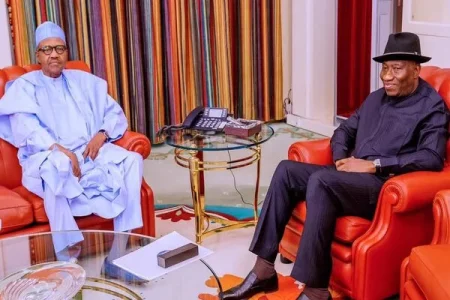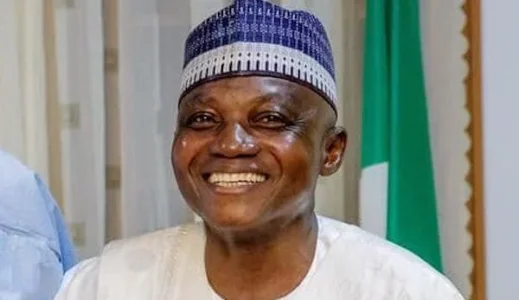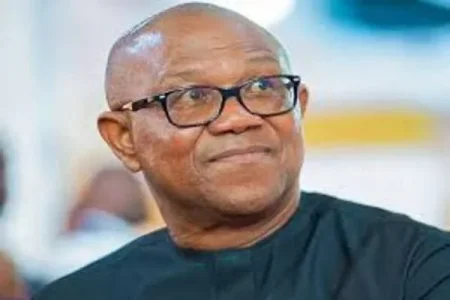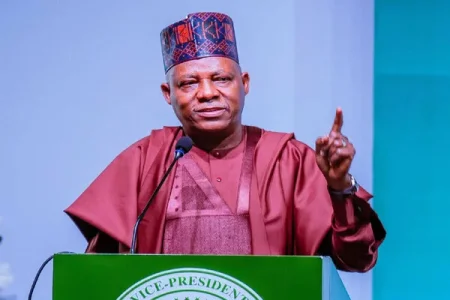
A provocative post by David Hundeyin has ignited a heated debate on Nigerian social media platforms, challenging the narrative surrounding former President Goodluck Jonathan's tenure and the circumstances of his defeat in the 2015 elections.
Hundeyin, an investigative journalist who returned to Nigeria in 2013, recounted the experiences of Nigerian international students and their disillusionment with the country's trajectory by 2016. He pointedly attributed their desire to leave Nigeria to the political changes that occurred during this period, insinuating a direct correlation with the ousting of Jonathan from power.
In his post, Hundeyin accused the Obama administration of orchestrating a foreign intelligence operation aimed at removing Jonathan from office due to perceived threats to American interests, particularly in economic and military spheres. He cited instances of direct interference, including statements from Barack and Michelle Obama, as well as diplomatic visits by then-Secretary of State John Kerry.
Hundeyin's scathing remarks did not spare Nigerian citizens who participated in what he described as a geopolitical maneuver orchestrated by foreign powers. He condemned their perceived lack of insight and humility, accusing them of being unwitting pawns in a larger geopolitical game.
The discourse began with assertions that America was poised to forcibly remove GEJ from power if he refused to step down. This claim sparked intense reactions, with some suggesting that Nigerians could be easily manipulated by external influences due to a perceived lack of independent thought. They highlighted the importation and execution of political agendas without tangible results, such as the failure to rescue the kidnapped Chibok girls.
Others shared lighthearted perspectives on the discussion, while some delved deeper into the complexities of Nigerian politics, urging for strategies to foster independence and prosperity.
Many expressed frustration at the perceived failure to bring back the kidnapped girls, attributing it to the shamelessness of certain actors in Nigerian politics. The sentiment was echoed by others, who asserted that despite any assertions made, there were tangible reasons to consider GEJ's presidency a failure.
The conversation encapsulated widespread concerns about the influence of external actors on Nigerian governance and the perceived shortcomings of past leadership. Many users expressed disillusionment and frustration with the state of affairs, lamenting the lack of tangible progress and accountability.




